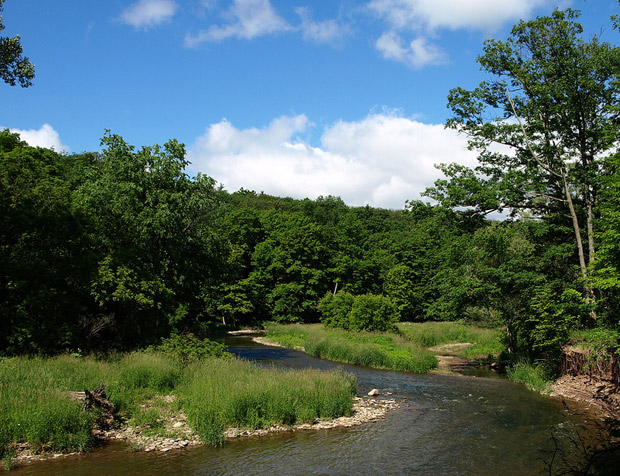TORONTO – Two years ago, Allegra Young wanted to get a meaningful Christmas present for her new boyfriend, who had sponsored children in need from other countries in the past. She decided on a goat.

“I wanted to get a goat. I named the goat: Frances.”
“A goat is one of those things that could keep on giving…a goat can have other goats….provide goat’s milk, feed a family, offer more of a lifestyle change,” said Young, who said Plan Canada’s Toronto subway ads had caught her eye, and clear online descriptions of how it would help a family in a developing country convinced her.
Vice President of Donor Marketing Jeff Cornett said the goat has consistently been in the “Top 5” of most popular “Gifts of Hope” in his five years at the agency.
“I think Canadians love to fund the livestock projects because that’s very tangible, which is why the goat is always one of our top projects,” said Cornett.
Most popular gifts: goats and more…
This year, Plan Canada has sold the most mosquito nets ($10 each as a gift), but “clean water for families” is its largest revenue-generating gift option ($75).
The agency has also added some new gifts to its 2013 catalogue: sheep and a baby buffalo on the animal front, plus a food basket, a stack of books, Typhoon Haiyan relief, and helping to equip, power or build a school or maternal waiting home.
Another idea that’s also trendy in Canada: quinoa, the healthy grain.
“Because it’s so popular, it’s being exported, and families can no longer find quinoa for themselves,” said Cornett.
“This project is helping to teach the families to grow their own quinoa in backyard gardens with the proper nutrition and making sure they feed their families first before it all goes to market and outside of the country.”
There are some gifts that aren’t new, but that you may not have considered: paying the $25 cost for a child in the developing world to obtain a birth certificate.
“A child without a birth certificate can be sold into slavery, or child prostitution and there’s so little that can be done because they’re not on the public records,” said Cornett. “So it’s something we take for granted as Canadians but can be a real problem in parts of the world.”
Environmental Defence is another organization that’s been offering specifically Canadian options for ethical giving for the last three years with their “Gifts for the Future.”
You can adopt an at-risk salamander, part of the Ontario Greenbelt, a beach on one of Canada’s lakes, or sponsor a young journalist investigating environmental issues.
Environmental Defence Development Officer Alex Cheesman said the “Adopt the Greenbelt” is the most popular choice, noting the money goes toward policy-focused work including “reporting on the impacts and costs of sprawl, and growing the Greenbelt to include urban river valleys.”

Sponsoring a young environmentalist is also a popular choice, particularly with “teachers and child caregivers who want the next generation to take interest in and care about the environment,” according to Cheesman.
Some people may worry that ethical giving will leave the person on the receiving-end a little disappointed. But Young’s boyfriend felt just the opposite with the gift of Goat Frances.
“He was very touched that I felt it would be important to him,” she said.
“If someone gets you something because they know that it would mean a lot to you, and it’s something charitable—I think that that’s a good quality.”
- Life in the forest: How Stanley Park’s longest resident survived a changing landscape
- Bird flu risk to humans an ‘enormous concern,’ WHO says. Here’s what to know
- More youth are seeking EI amid rising unemployment rates: StatCan
- Mental health support still lacking 4 years after mass shooting: Nova Scotia mayor





Comments